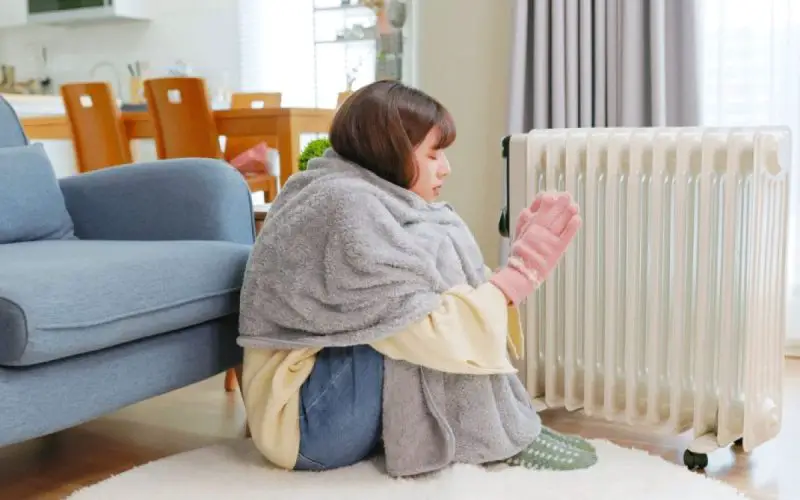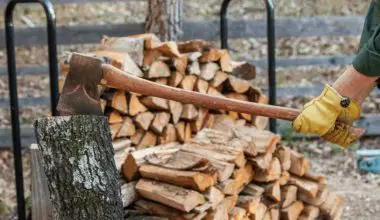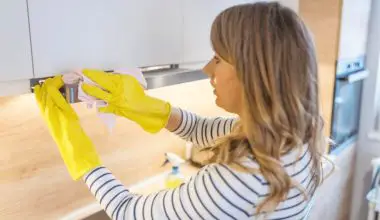Posted on Dec 9, 2023 at 12:03 pm by Oliver C
Temperatures drop in winter and spring, which leads households to increase energy consumption related to heating. However, there are tricks to save without sacrificing comfort. Discover these effective practices to reduce your energy expenses.
Table of Contents
Heat each room to the right temperature
The first tip to save on heating is to adjust the temperature of each room according to its use. Reducing the temperature by 1°C can save up to 7% on heating costs. Here are the recommended temperatures in a house:
- 18°C in the living room, dining room, and kitchen
- 22°C in the bathroom when in use
- 16°C in the bedroom
- 14°C in the cellar and pantry
To maintain an ideal temperature, it is possible to use an ambient thermostat, programmable or not. The programmable thermostat allows you to set different temperatures for different times of the day or week, with accuracy to the tenth of a degree.
Add thermostatic valves to your radiators
In addition to the ambient thermostat, installing thermostatic valves on radiators allows for automatic adjustment of power based on the temperature of each room. Thus, when the temperature rises, the valve reduces the water flow in the radiator, and vice versa when the temperature drops.
Switch electricity and gas providers to save
To save on your energy bills without sacrificing comfort, consider switching electricity and gas providers. This process is free, quick, and without commitment, and you can achieve significant savings.
Regularly maintain your heating appliances
Poorly maintained radiators consume more energy than necessary. To avoid this, it is necessary to perform regular maintenance by following these steps:
- Dust the radiators: their shape easily collects dust
- Bleed water radiators: this operation allows for cleaning and improving heat distribution. Don’t forget to wear heat-resistant gloves and start with the radiators located at the lowest level.

Maintain your boiler in good condition
Whether it runs on oil, gas, wood, or electricity, a boiler requires annual maintenance. In addition to being mandatory, this maintenance has several advantages:
- Prevent carbon monoxide poisoning caused by faulty appliances
- Optimize equipment energy efficiency
- Significantly reduce the risk of breakdowns
- Extend the lifespan of the boiler
- Detect malfunctions and potential breakdowns in advance
Use thermal curtains to insulate windows
Installing thermal curtains can significantly reduce heat loss through windows. By closing them at night and opening them during the day to let in natural light, you can retain interior heat in winter while enjoying solar heat during the day.
Apply insulating films to windows
Insulating films for windows are an economical and effective solution to enhance the insulation of your windows without replacing them. They help keep heat inside in winter and block external heat in summer.
Invest in a fireplace heat exchanger
If you use a traditional fireplace, a heat exchanger can be an excellent way to increase the efficiency of your heating. It captures the heat generated by the fireplace and redistributes it in the room.
Install reflector panels behind radiators
Placing reflector panels behind your radiators, especially if they are mounted on exterior walls, can reduce heat loss by reflecting the heat back into the room instead of letting it escape through the walls.
Optimize your home ventilation
Good ventilation helps regulate indoor temperature and prevent humidity problems while maintaining good air quality. Use smart ventilation systems or ceiling fans to evenly distribute heat throughout the house and reduce heating needs.
In summary, it is possible to save on heating expenses by adjusting the temperature of each room, installing an ambient thermostat and thermostatic valves, switching providers, and regularly maintaining your equipment. Don’t hesitate to put these tips into practice to no longer feel cold while relieving your wallet.









